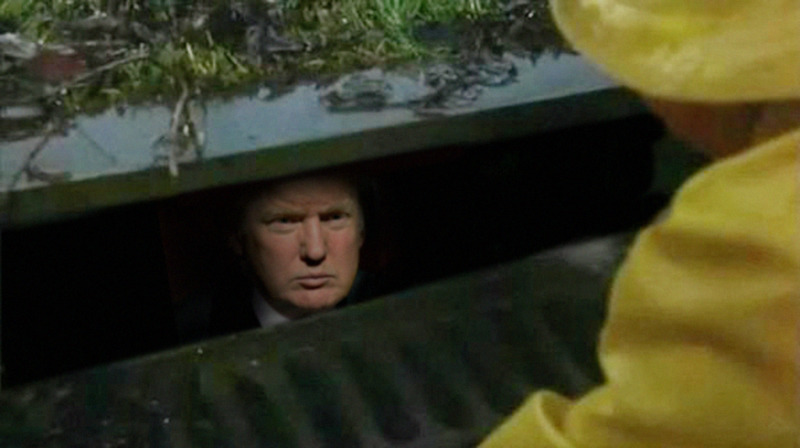I want to acknowledge political subjectivity and that I am in no position to impose on anyone’s decisions they make in the upcoming presidential campaign. However, I believe that stating my subjectivity towards such a matter is an important facet to our democratic system and opposing and similar positions on issues are important for a symbiotic relationship and effective debate discussion.
Okay, that was me trying my best to put out a full disclaimer towards anyone whom I may offend. I know talking about current political events is sensitive and can cause conflict, but that is not what I am trying to provoke. I am merely trying to incite intellectual conversation and maybe make a few friends in the process.
If you’ve tuned into recent news, I’m sure you’ve heard about several interesting presidential candidates; one of which includes Donald John Trump. He’s been covered frequently in the media for his outspoken opinions and frank mannerisms. I realize I sound outspoken myself when saying this, thus making me a hypocrite, but I am surprised at how high Donald Trump has been polling. He is known for some of his blatantly racist, nationalist, or sexist comments.
I know that it may seem like this blog post is starting off on a very non-scientifically driven foot (which it is), but I think I’m getting somewhere. ScientificAmerica stated in a three-part article explaining the psychology behind Trump that “Trump comes across as the “dependable” candidate –to the extent that you can dependably count on him to consistently say anything and everything on his mind, and you don’t have to worry that he’s trying to hide what he truly thinks or feels. To someone who hates ambiguity, that candidate probably feels a lot more intuitively comforting than a more pleasant, likeable candidate who runs the risk of actually being an authentic-self-masking “flip-flopper.”” So, Trumps very open aversion for political correctness is the crux of his popularity. We’re tricked to assume his opinions are unchanging because he states what is so far right and beyond what is expected. That’s where they get this psychological idea of dependability. His supporters can rely on Trump to state what is on his mind at any given moment with very little or no empathy at all how it will be comprehended. When people are uncertain of how they view the future, this trait (dependability) is vital, and I suppose this is why he is polling so high, unfortunately. In fact, the Psychological Bulletin released studies that essentially reinforced the fact that individuals who are nervous about the future tend to be more politically conservative.
“There is by now evidence from a variety of laboratories around the world using a variety of methodological techniques leading to the virtually inescapable conclusion that the cognitive-motivational styles of leftists and rightists are quite different. This research consistently finds that conservatism is positively associated with heightened epistemic concerns for order, structure, closure, certainty, consistency, simplicity, and familiarity, as well as existential concerns such as perceptions of danger, sensitivity to threat, and death anxiety.”
-Psychological Bulletin, Josh T. Jost
I find it concerning to know that since Trump has taken the road less traveled by (in the sense that he speaks his mind, whether or not they are morally right), he may be praised.


I think that another reason that people love Trump is because he brands himself as a political outsider. Americans love the idea of an outsider coming in to Washington and doing away with the political outsiders. Here’s a site talking about the obsession with political outsiders during the 2016 presidential election: http://www.theguardian.com/commentisfree/2015/sep/09/political-outsiders-old-campaign-ploy
I’ve never thought about politics from a scientific standpoint before, so it’s cool that you were able to spin it that way. I would definitely be interested in learning what it is that makes people like a candidate, like what factors are the most influential on people’s opinions. Also, the picture attached is hilarious.